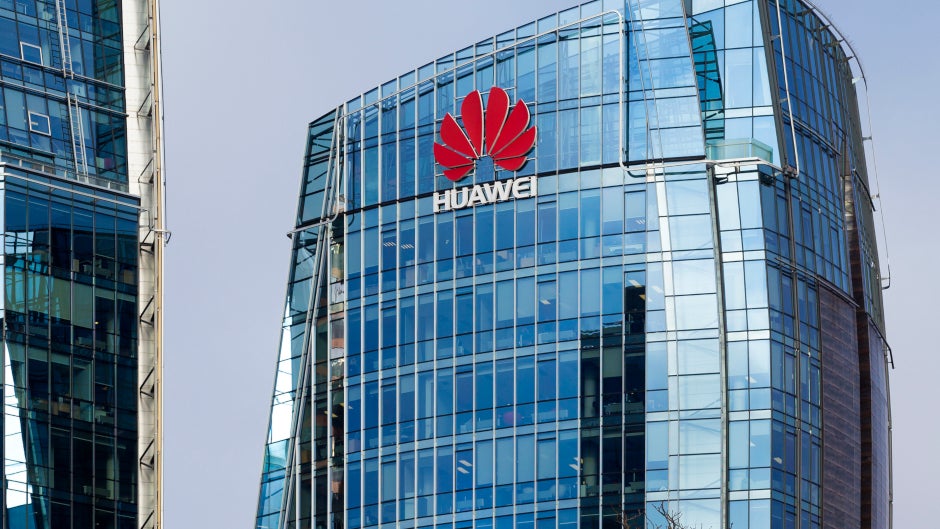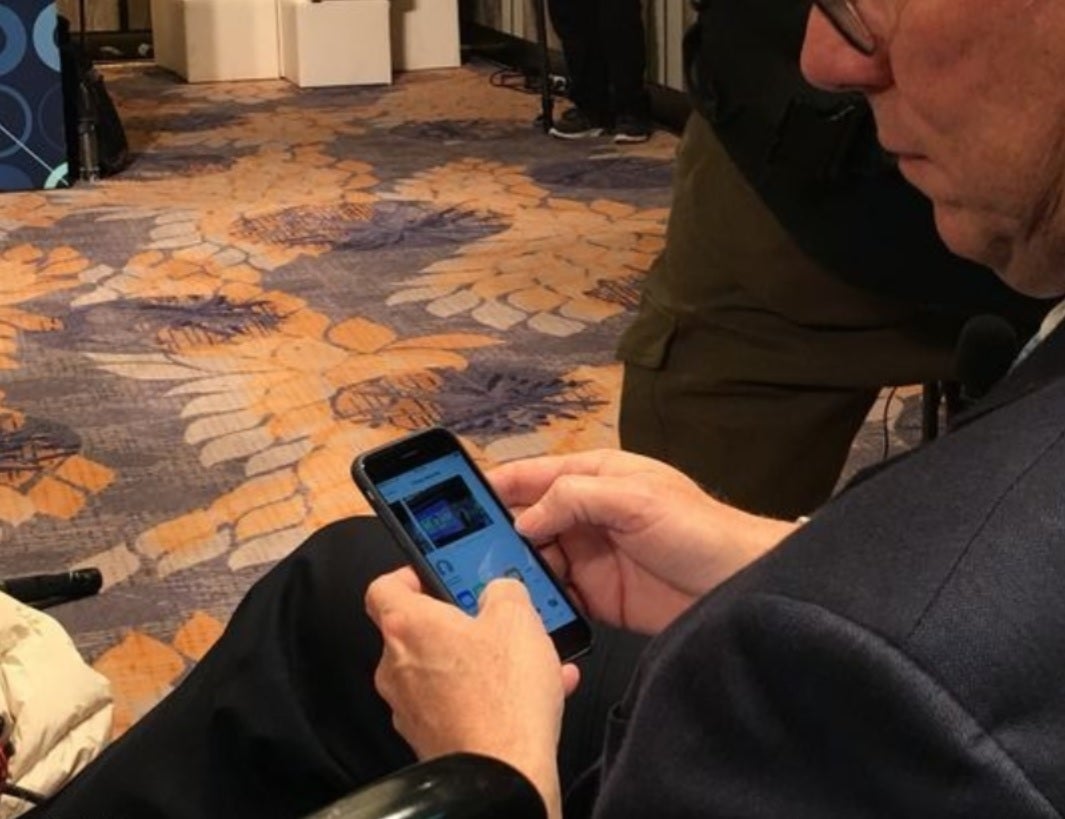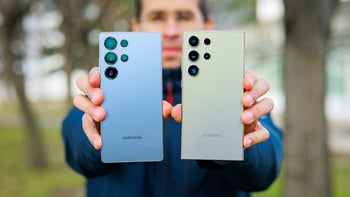Former Google CEO reveals the real reason why the U.S. attacks Huawei

For years now, even dating back to the Obama administration, we've heard the same story about Huawei ad nauseam; the company cannot be trusted because it quietly collects information on consumers and corporations through back doors hidden in its handsets and networking equipment. That data is supposedly sent to Beijing. In 2012, the House Intelligence Committee suggested that Huwaei and ZTE both be banned from the U.S.
Schmidt says that Huawei's routers have shared information with the state.
The U.S. warned its allies last year not to use Huawei equipment in their 5G networks; some listened (Japan, Australia) and some didn't (such as German and the U.K. although the latter is having a change of heart). This year, to tighten the screws some more, the U.S. Commerce Department changed an export rule. Now, any foundry using American technology cannot ship chips to Huawei without first obtaining a license from the U.S. While there never has been any proof that Huawei uses a backdoor planted in its devices for spying purposes, former Google CEO Eric Schmidt says that the Chinese manufacturer is a legitimate security threat.

Eric Schmidt in 2016 caught using an Apple iPhone at a Google event
Talking to BBC Radio for an audio documentary, Schmidt said, "There's no question that Huawei has engaged in some practices that are not acceptable in national security." Schmidt now chairs the Pentagon's Defense Innovation Board and states that "There's no question that information from Huawei routers has ultimately ended up in hands that would appear to be the state. However that happened, we're sure it happened."
Huawei has repeatedly denied accusations like the one made by Schmidt. A statement from Victor Zhang, Huawei's U.K. chief, once again denies that the company is close to the communist government in the country. "The allegations made by Eric Schmidt, who now works for the US government, are simply not true and as with similar assertions in the past, are not backed by evidence," Zhang told the BBC. He added that "Huawei is independent from any government, including the Chinese government. Where we do agree, and something we've always said, is that applying standards globally ensures innovation, fosters competition and benefits everyone." However, a law in China could force Huawei to deliver intelligence on consumers and corporations it sells to if requested by the government in Beijing.
Schmidt says that the U.S. needs to produce products that are as good as the ones made by Huawei
While Schmidt seems certain that Huawei has committed some offenses that make it a threat to U.S. national security, he also points out that the real problem that U.S. leaders have with the company is that Huawei is a Chinese company with a name known worldwide that is making better products than its competitors. The former Google and Alphabet executive says that "It's extremely important that we have choices," but punishing the company for its success isn't going to help U.S. consumers. Instead, Schmidt states that "The answer to Huawei...is to compete by having a product and product line that is as good."
Schmidt points out that the U.S. and China need to work together when it comes to technology and that the U.S. benefits when both countries are working on the same platform. He adds that China has the money, the resources, and the technology to dominate and that "The question is do they operate on global platforms or do they operate on their own platforms? The more segregated the platforms are, the more dangerous it is. It is in the West's interest that every technology platform has Western values in them," Schmidt noted.
Follow us on Google News









![A new Android bug is making it impossible to install new apps. Are you affected? [UPDATE]](https://m-cdn.phonearena.com/images/article/176703-wide-two_350/A-new-Android-bug-is-making-it-impossible-to-install-new-apps.-Are-you-affected-UPDATE.webp)

Things that are NOT allowed:
To help keep our community safe and free from spam, we apply temporary limits to newly created accounts: